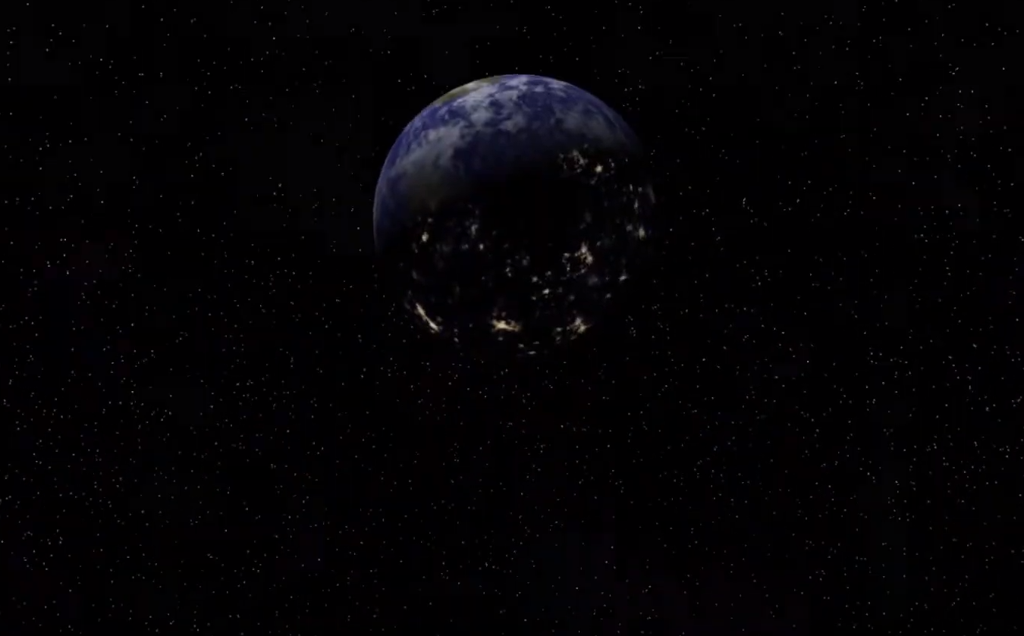I think you've misunderstood the essence of spacetime  ...
...
Good post.

If I may, I'd like to clarify a few things with different language, for those who did not study relativity yet...
The thing that limits propagation is termed 'causality', and as mentioned above, the maximum propagation rate is the speed of light c.
Think of it this way: everything everywhere in spacetime is in constant motion...
That's totally right. Motion through space and time are mutually exclusive. The stress-energy tensor's T_{00} component is "the flux of energy through time", and the momentum components are "the flux of energy through space".
Ditto, "the flux of momentum through space" can be loosely translated as "pressure", and "the flux of pressure through space" can be loosely translated as "viscosity".
My point is that the phrase "the flux of momentum through time" is kind of confusing, though not technically incorrect. Why not just say "momentum", or "the flux of energy through space"? I realize that this is largely about personal preference, so feel free to tell me to go fly a kite.

General relativity, in conjunction with special relativity, prohibits time travel by imposing the speed of light as a physical barrier. It is quantum mechanics with quantum entanglement and string theory that propose certain hypothetical workarounds for this.
Not necessarily true. Closed timelike curves and Morris-Thorne wormholes are theoretically viable options. The wormhole allows material to go from one point in space to another at apparently "faster than light" speeds because the material actually skips traveling through space. Ditto, the metric expansion of space can allow pieces of matter to carried away from each other at a rate as fast or faster than 2*c, like what happened when our universe was rapidly inflating in its youth.
To address your time travel argumentation, accelerating to speeds faster than c would mean flipping the orange arrow across the horizontal axis, which is strictly impossible. Special relativity ensures this and general relativity is dependent on and an extension to special relativity.
True. Accelerating to c and beyond is impossible because it would require an infinite amount of energy to make it happen, but this is different than the metric expansion of space or traveling through a wormhole. I just wanted to point out that "time travel" is possible in plain-old-classic General Relativity.








